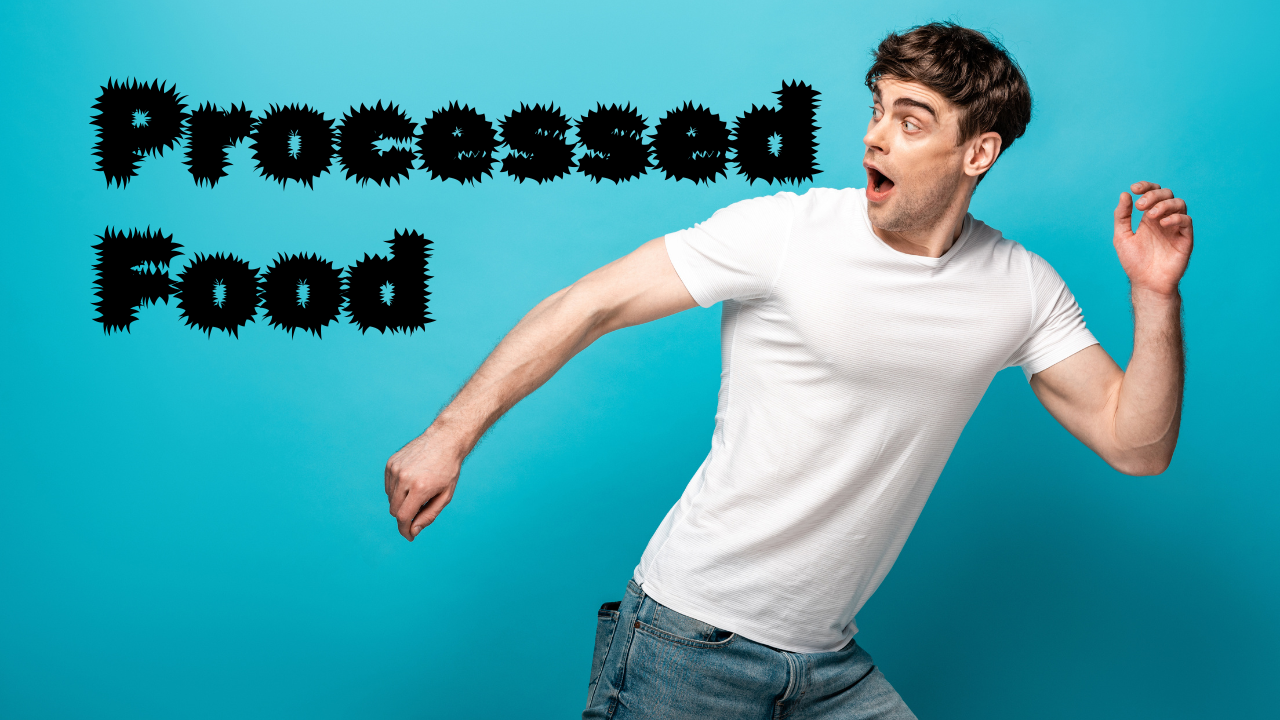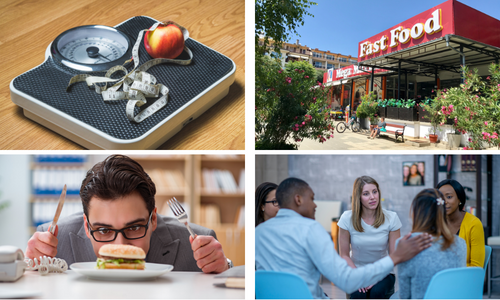10 Factors That Make Food Addiction Harder To Beat

Issue No. 25 | Brought to you by the Addiction Reset Community – ARC
Unlocking the secrets of processed food addiction and guiding you to find freedom from food and weight obsession.

For many people, processed food addiction is severe and much harder to put into remission than alcohol and other drugs.

Several factors may contribute to why food addiction is difficult for you to overcome:
- You have lost and regained weight.
- You can remember craving or longing for processed food as a child.
- You overeat sugar, artificial sweeteners, flour, gluten, excessive salt, dairy, processed fat or caffeine and tend to eat these in combinations.
- You overeat in reaction to a variety of stimuli such as temptation, advertising, relationships, fatigue or stress.
- You often eat at restaurants, fast food outlets, and convenience stores.
- Your household members eat processed food in front of you or leave them out where you can see them.
- Most of your friends and family eat processed foods.
- Your fear of failure or judgement when you enter a new weight loss or eating recovery program.
- You believe that your over-eating is because of genetics, childhood issues or some other force other than addiction.
- If you have been in a support group that didn’t work for you or has tainted your confidence in getting support.

This is a hard addiction and the more of the above factors that you experience, the harder recovery on your own will be. Relapsing is NOT your fault and with the right intensity, understanding and focus from your support program, you can overcome these factors and put your addiction into remission.

Within the Addiction Reset Community (ARC) our members and their journeys are important to us. We find their stories inspiring and hopeful for everybody in health recovery.
“I am so thankful for Joan Ifland and the ARC. For the first time in my life, I have found a group that understands my relationship with unprocessed foods and even more importantly, has a solution. Joan’s expertise is astounding. She has such a welcoming nature and understands that each person is an individual coming from a different platform. Although I realize this is just the beginning of healing my compulsive overeating after 45 years of searching, I am so thankful for this program. I feel like I’m finally home!”

Many people reach out to Joan asking for advice and assistance on how they can begin their recovery journey.
Dear Joan
Is it possible to build up a tolerance for processed foods? I feel compelled to eat much more now than I did even a few years ago.
Joan responds:
Yes, absolutely. The science on this explains why. Over time, addicted brain cells become more and more reactive so they pump out more and more pleasurable neurotransmitters and wear out. It takes more and more addictive foods to stimulate the addictive neurons to keep pumping out pleasurable neurotransmitters. Increased eating indicates that the processed food addiction is getting worse. Know that this is not your fault. You can retrain the brain to think safe , recovery thoughts whenever the urge to overeat happens. Over time, those urges to overeat will become less intense.
DISCLAIMER:
Dr Joan Ifland (PhD) is a global expert on the subject of processed food addiction and is not a medical doctor. Information and response shared in this Newsletter are not intended for, and should not be construed as medical advice.

Do you have a question? Reach out to us with your questions about food addiction and recovery at gethelp@foodaddictionreset.com
Are you showing signs of Processed Food Addiction? Take this self-quiz to find out now!
Recent copies of Dr Joan Ifland's Blog:
Issue 01 | Issue 02 | Issue 03 | Issue 04 | Issue 05 | Issue 06 | Issue 07 | Issue 08 | Issue 09 | Issue 10 | Issue 11 | Issue 12 | Issue 13 | Issue 14 | Issue 15 | Issue 16 | Issue 17 | Issue 18 | Issue 19 | Issue 20 | Issue 21 | Issue 22 | Issue 23 | Issue 24

